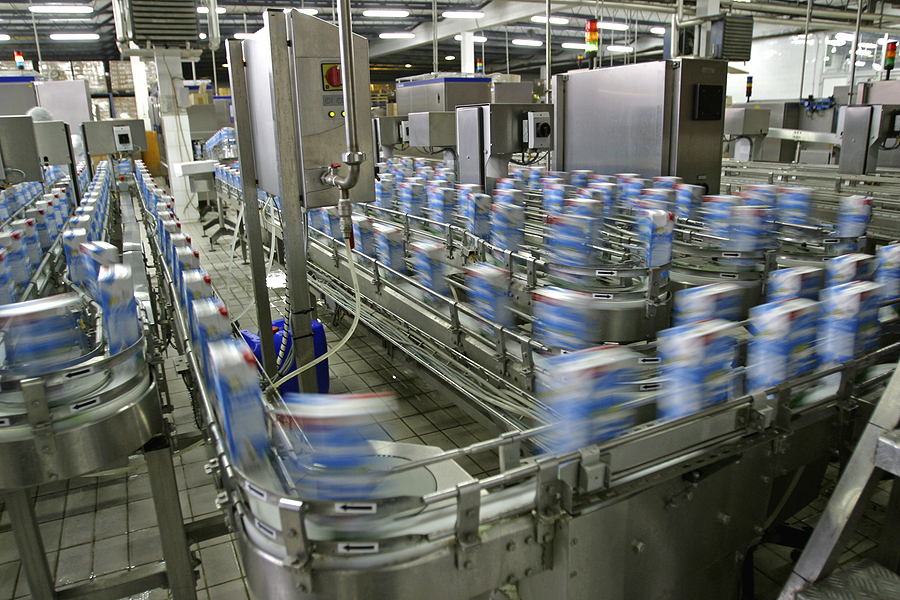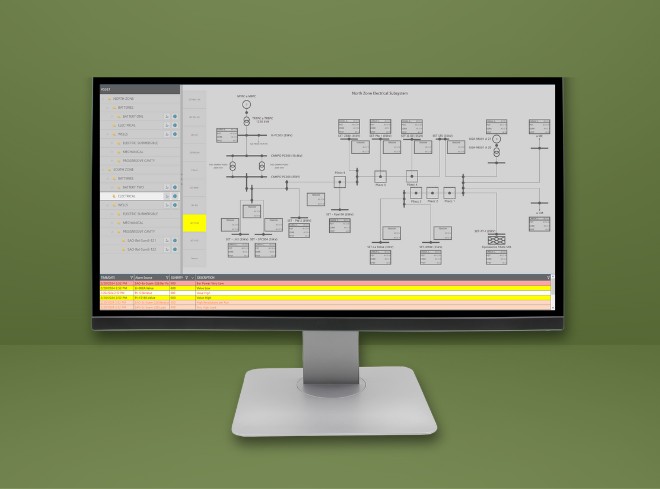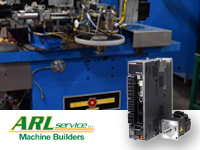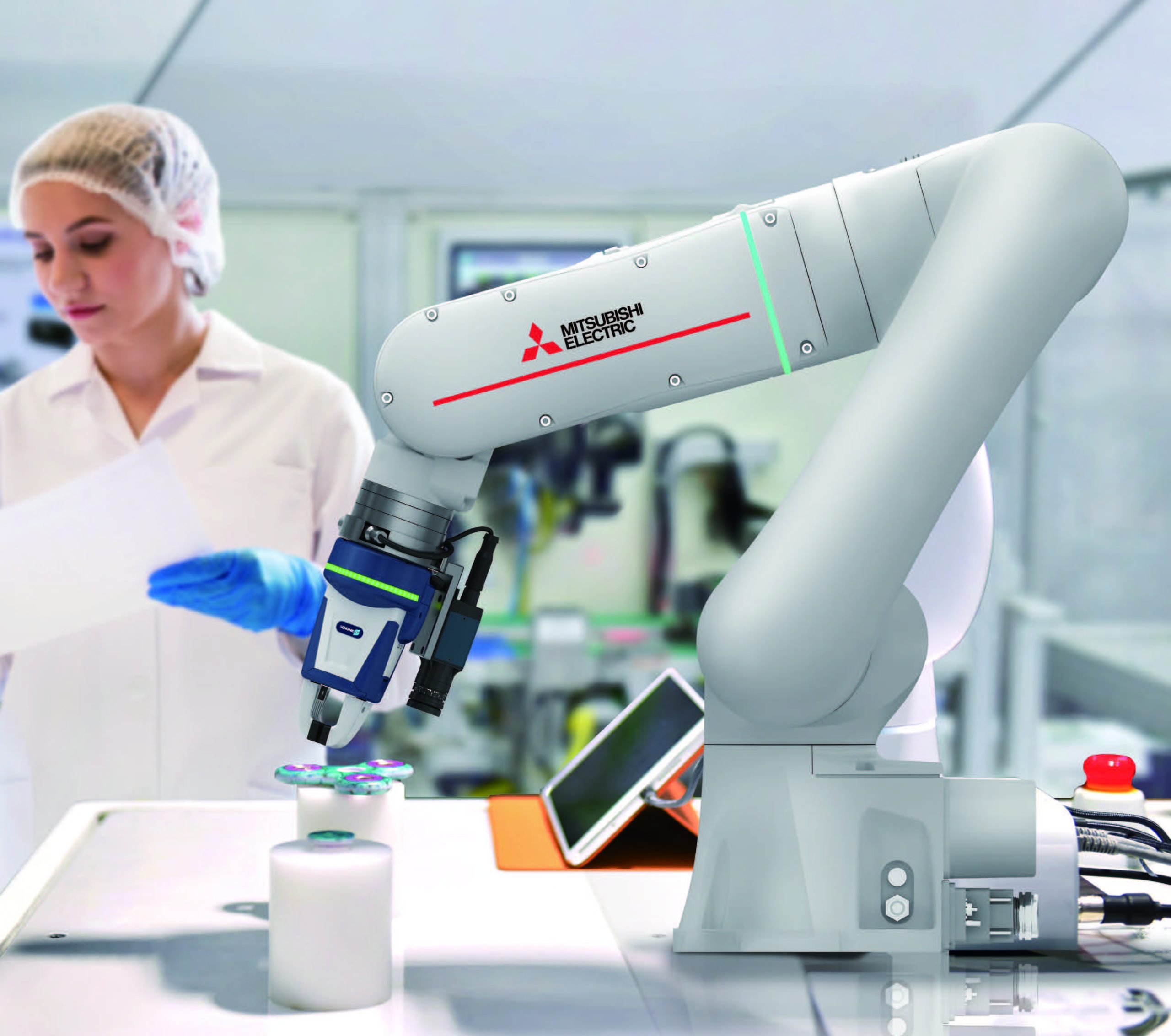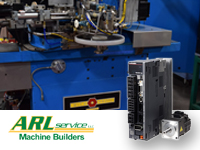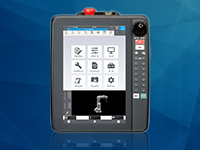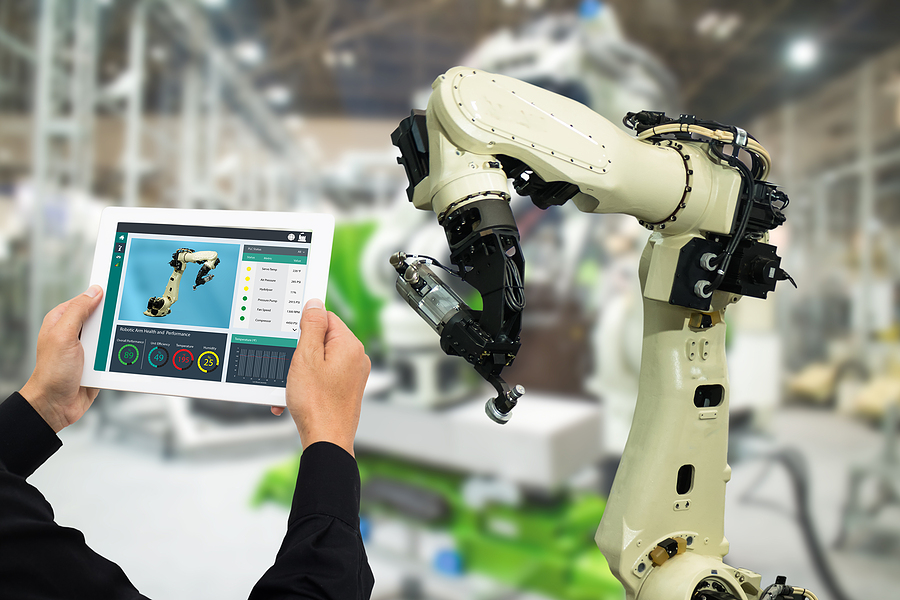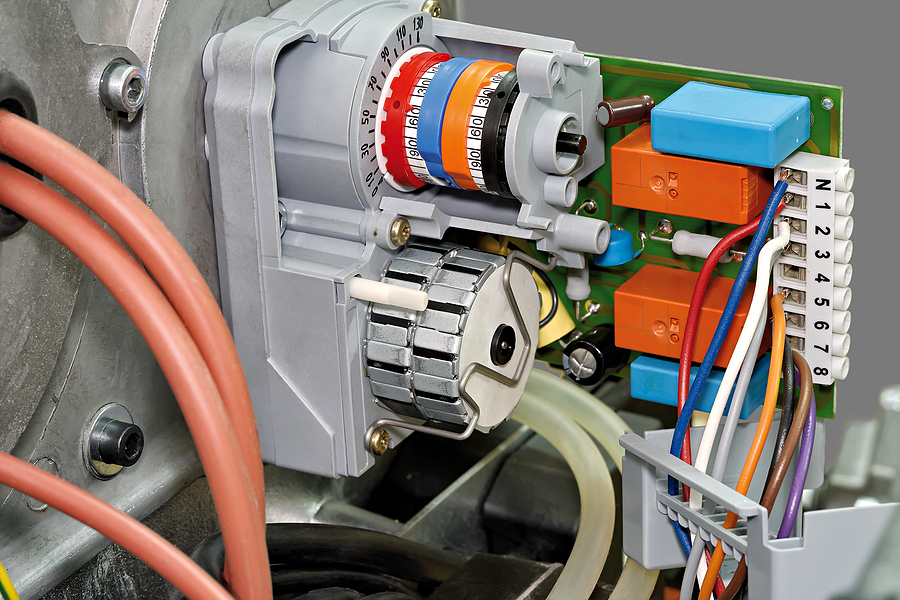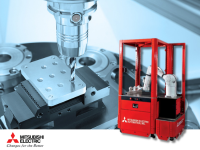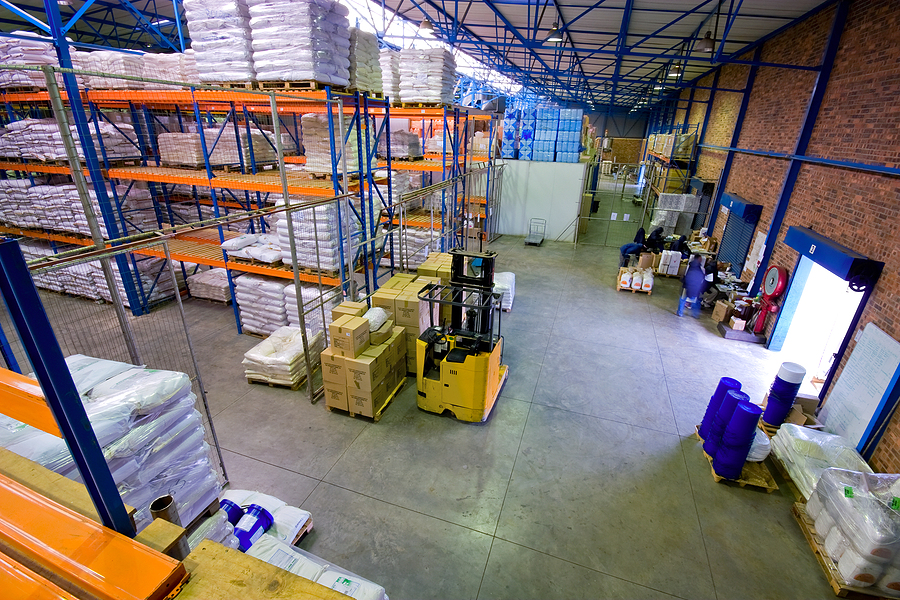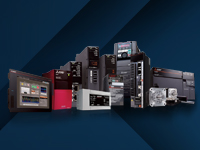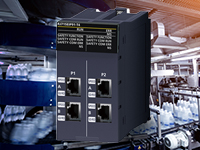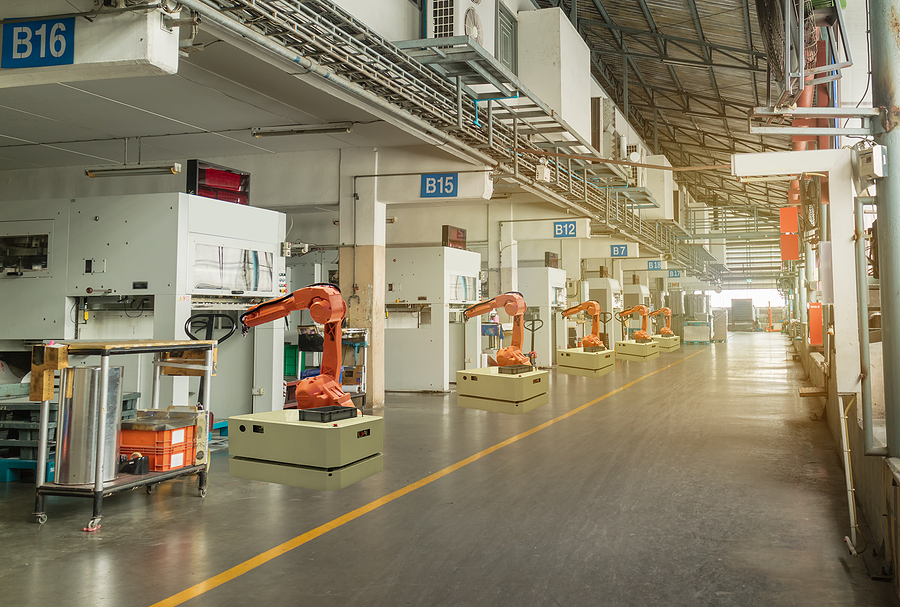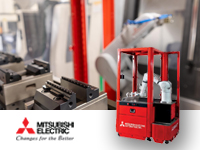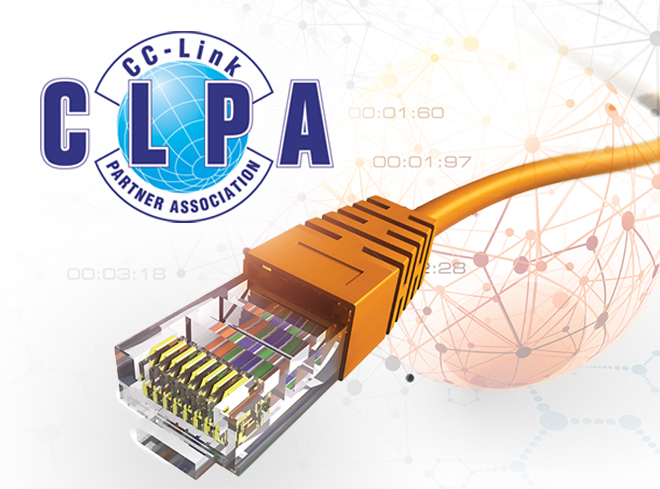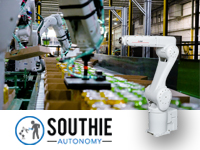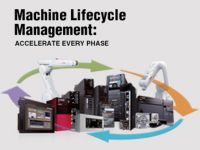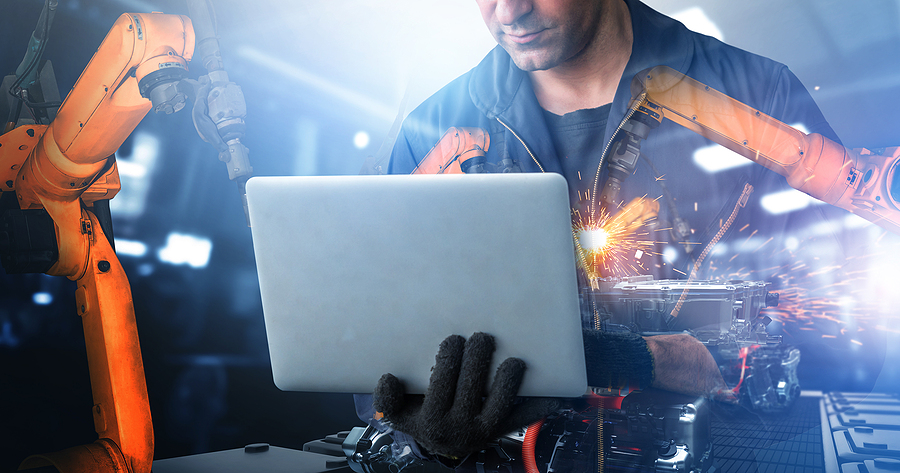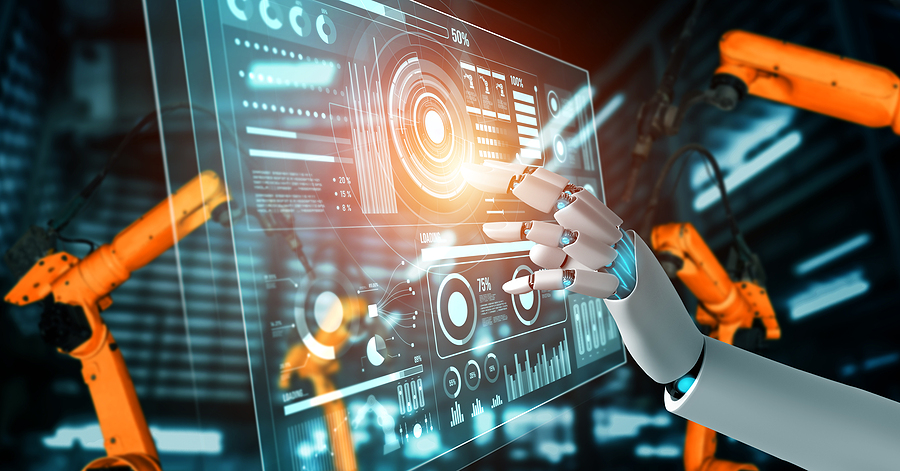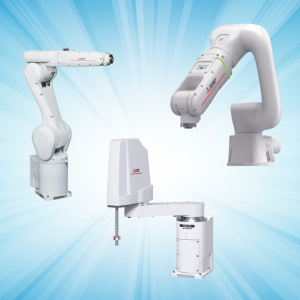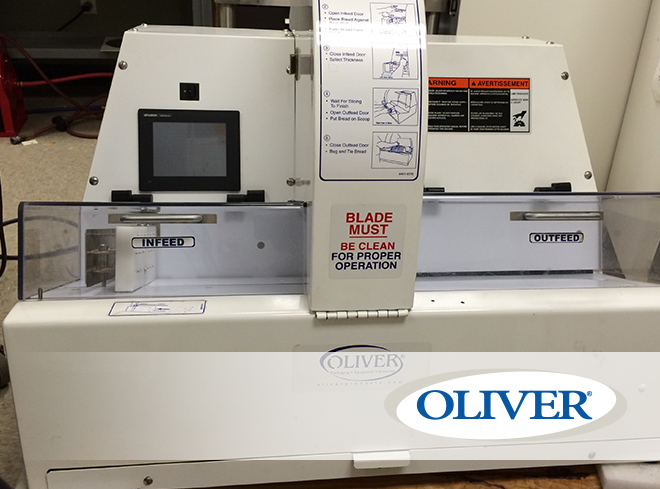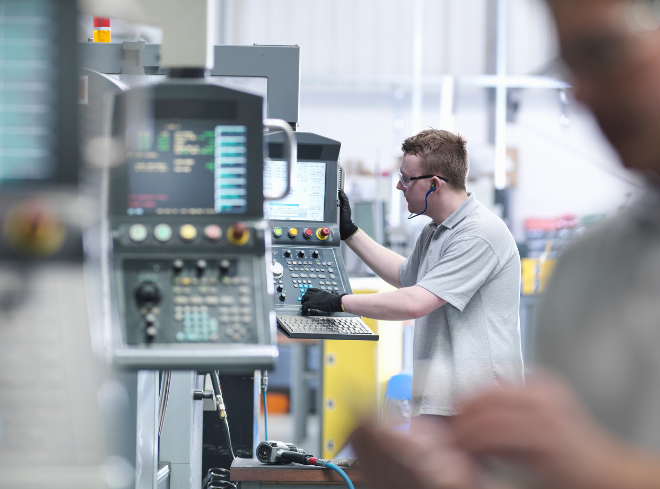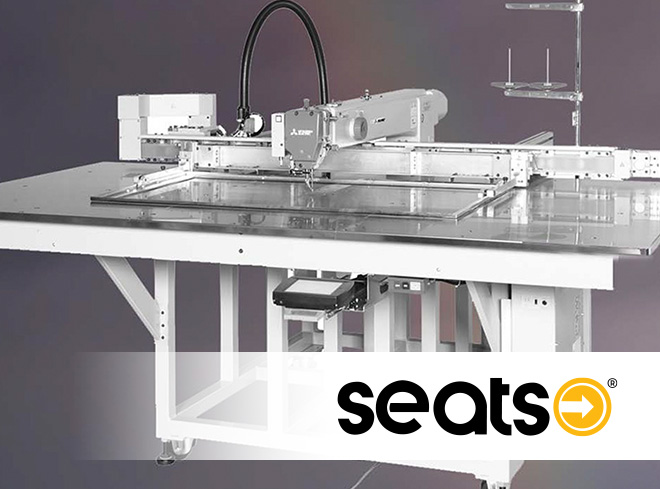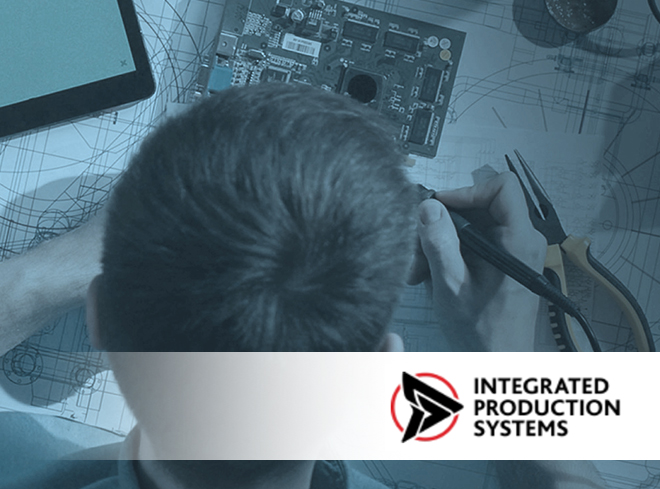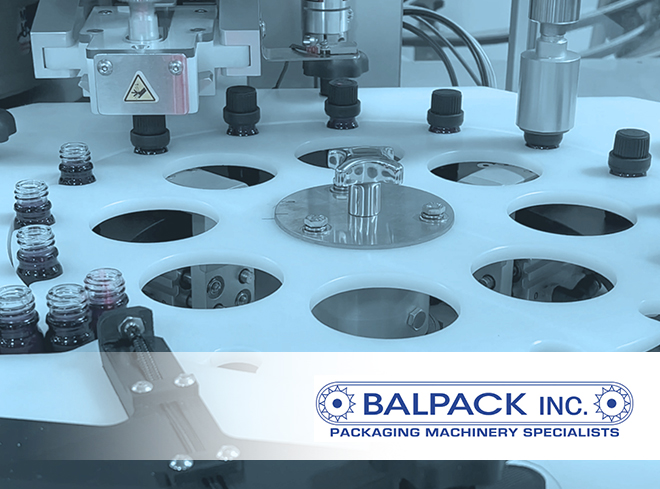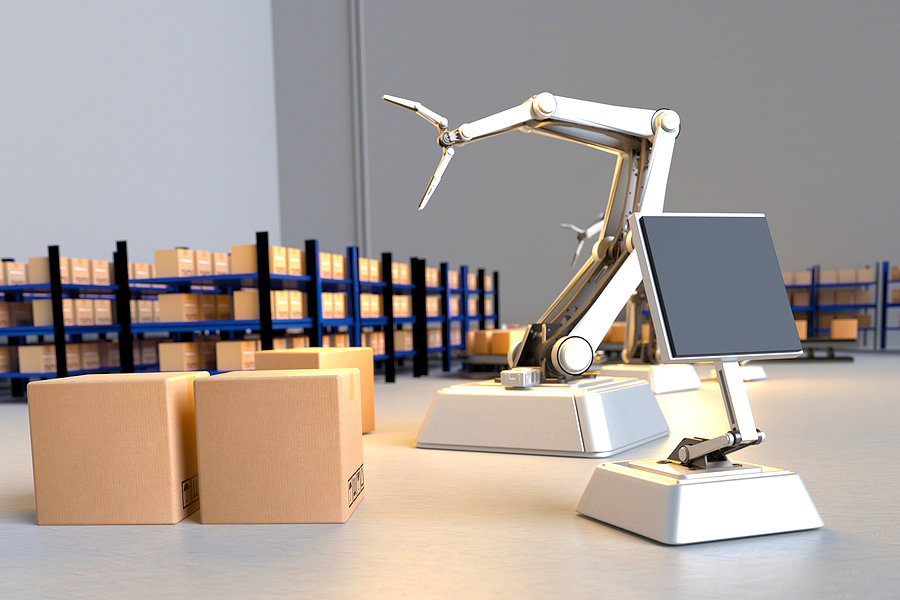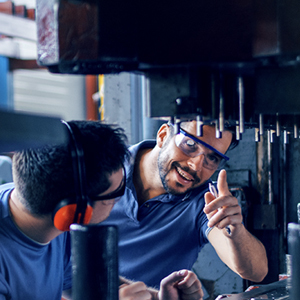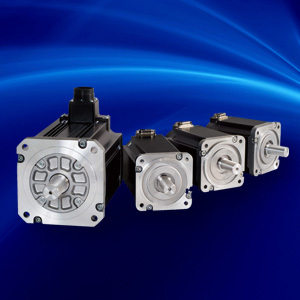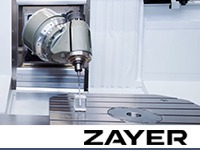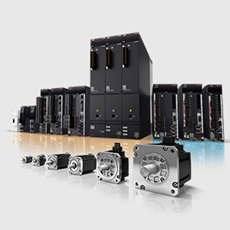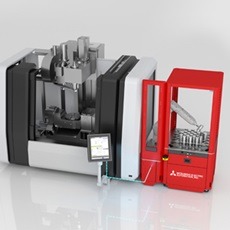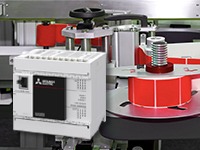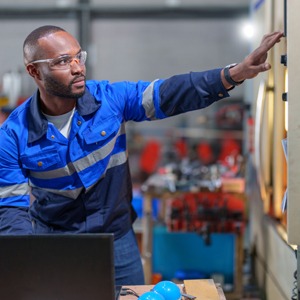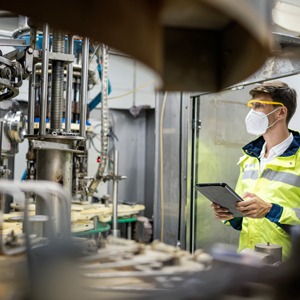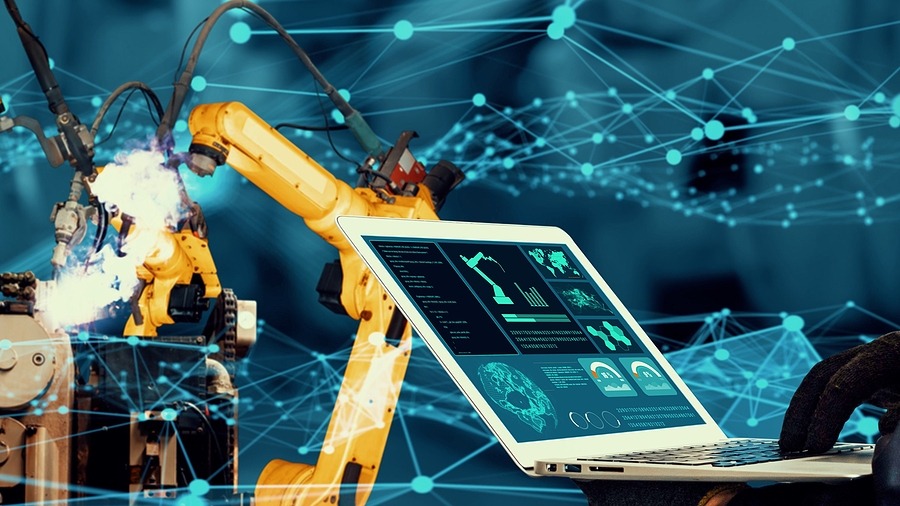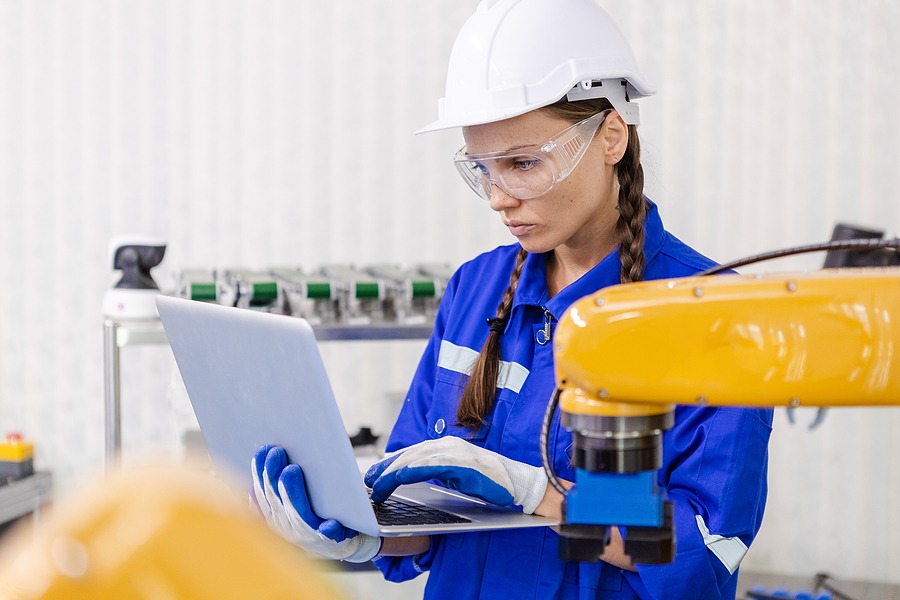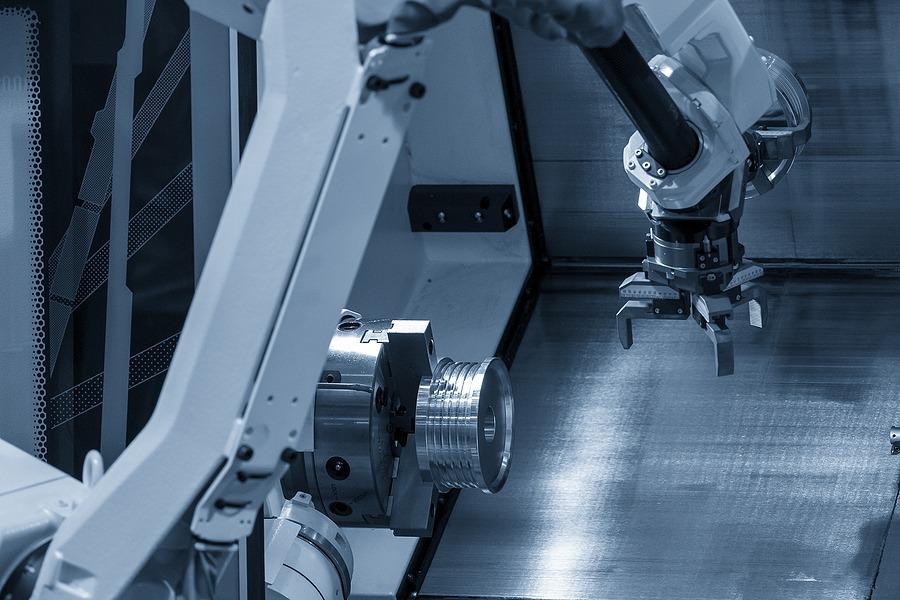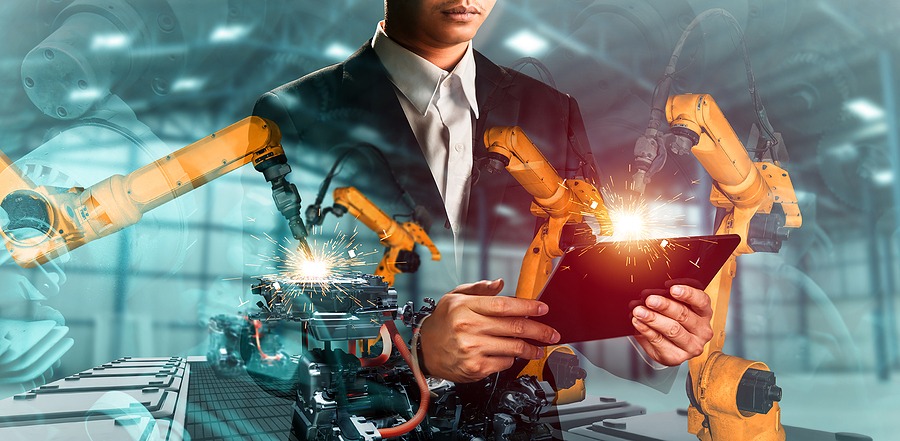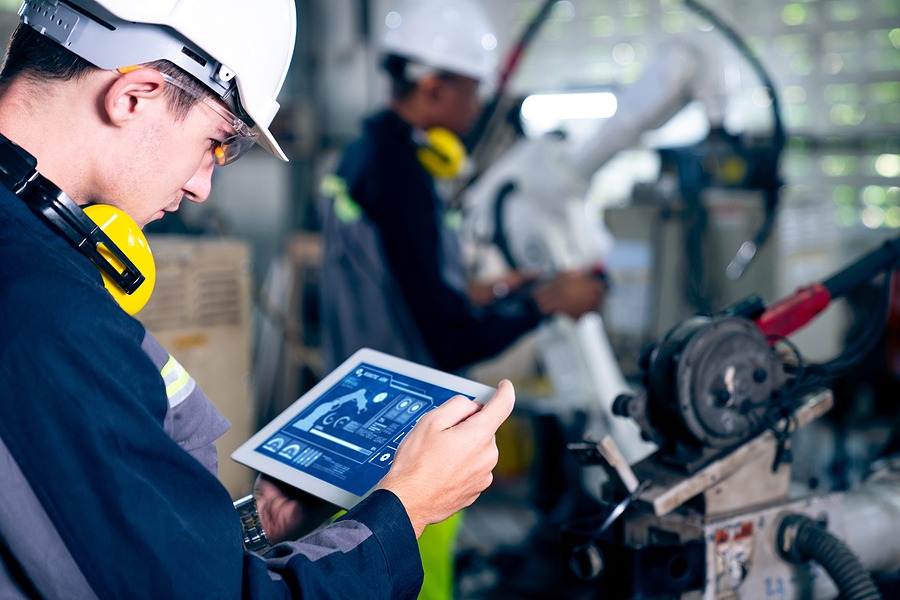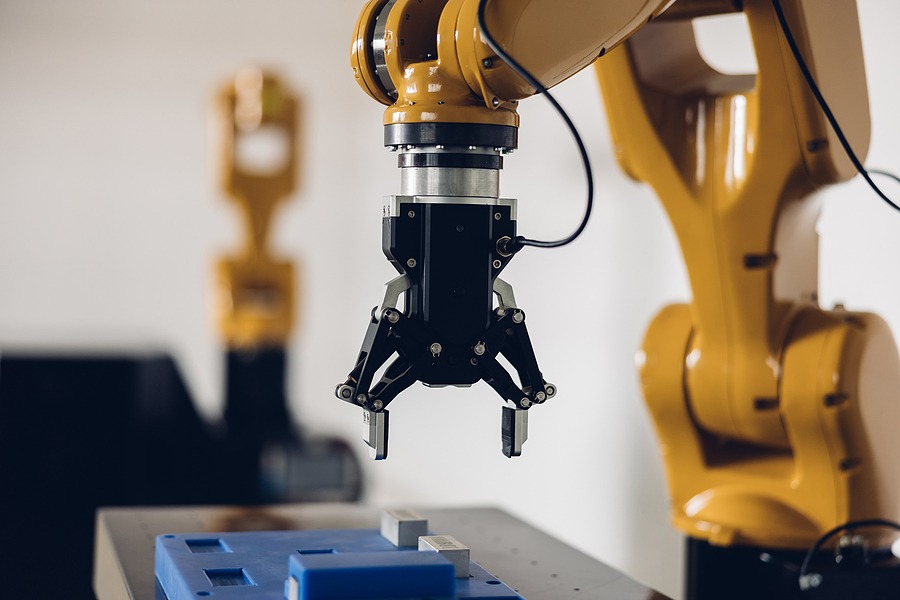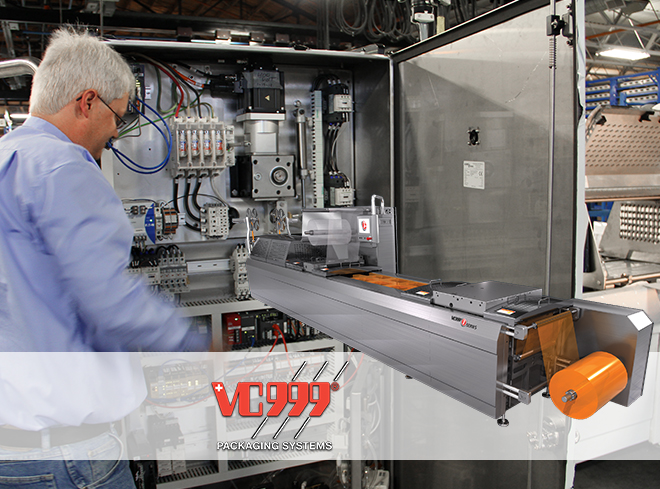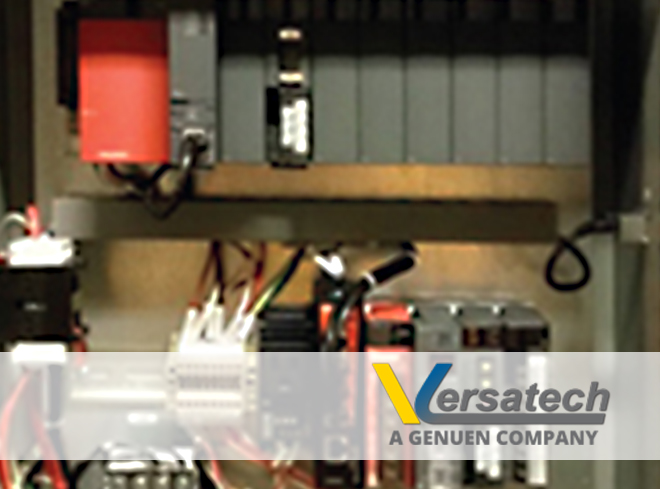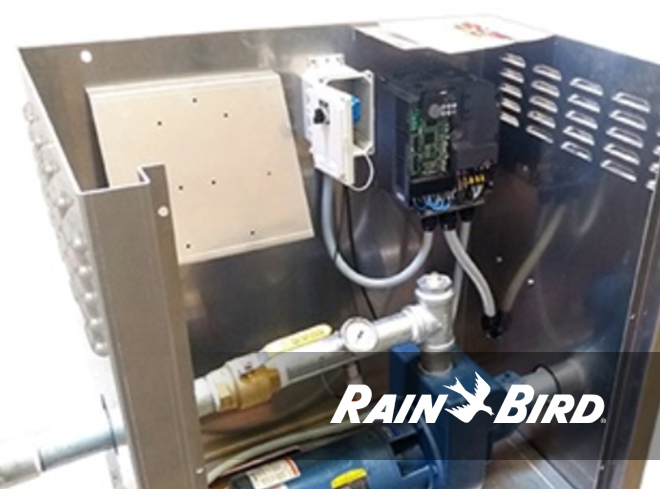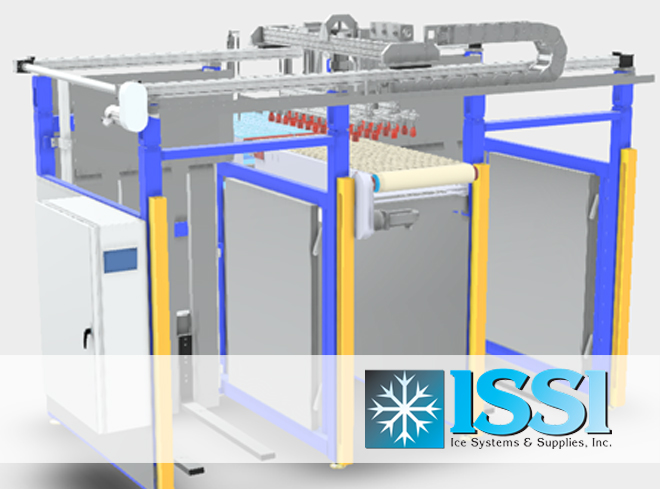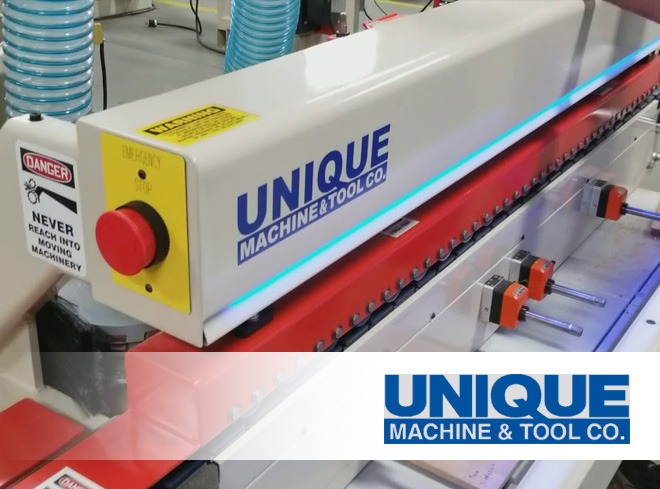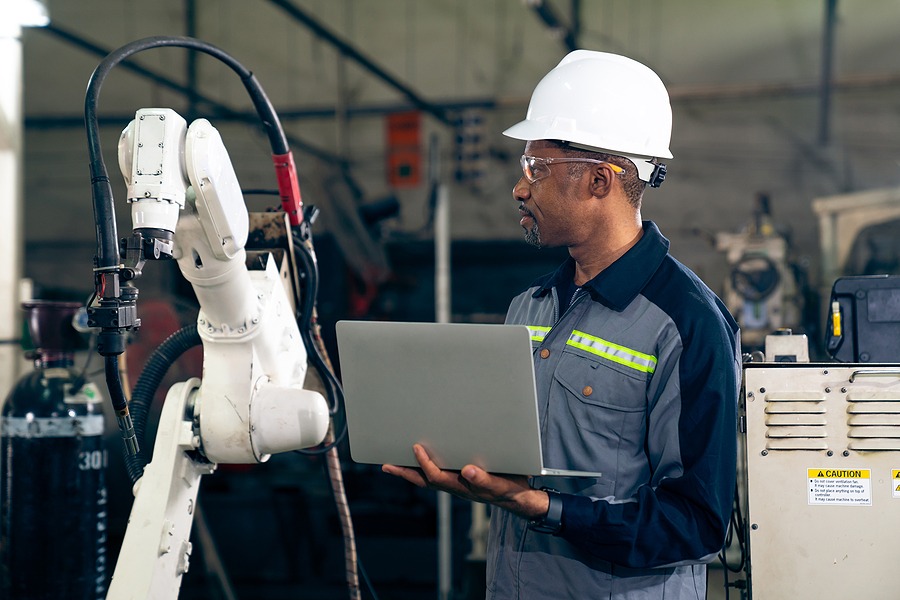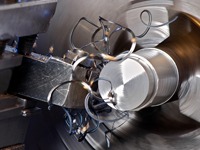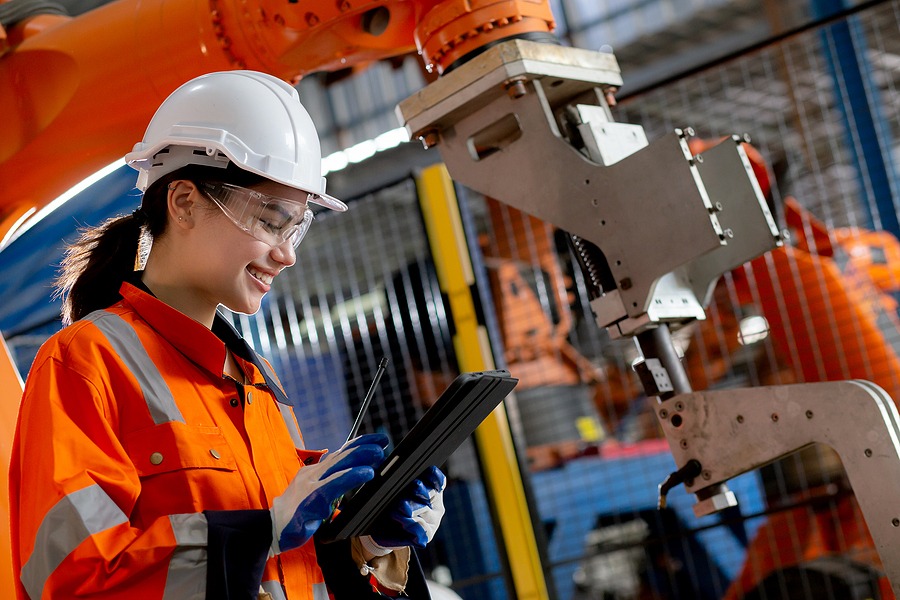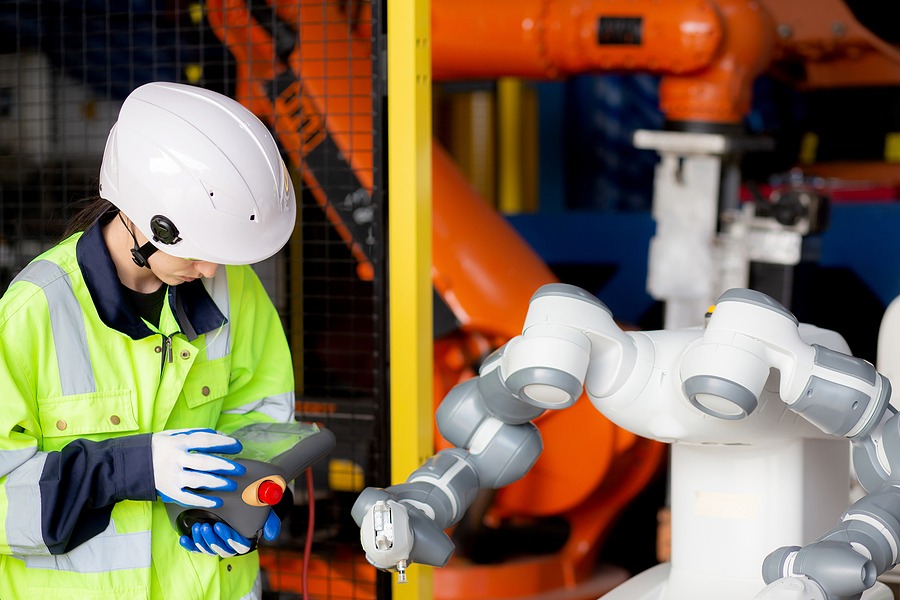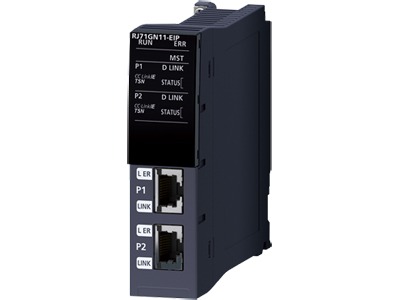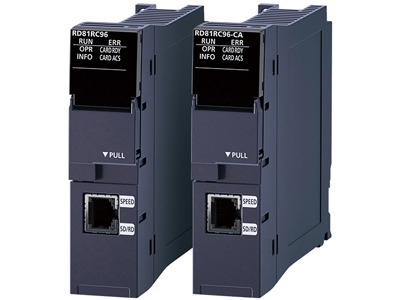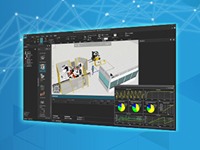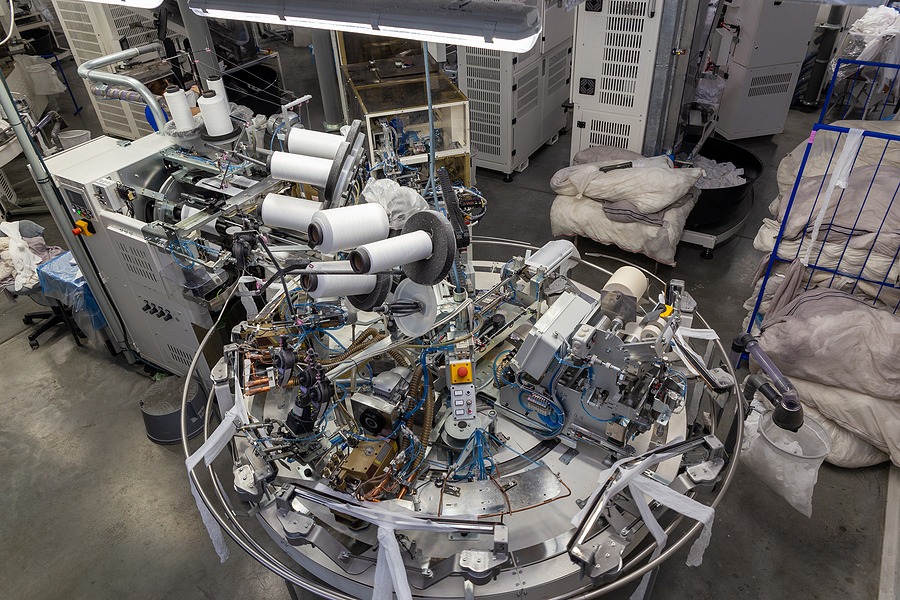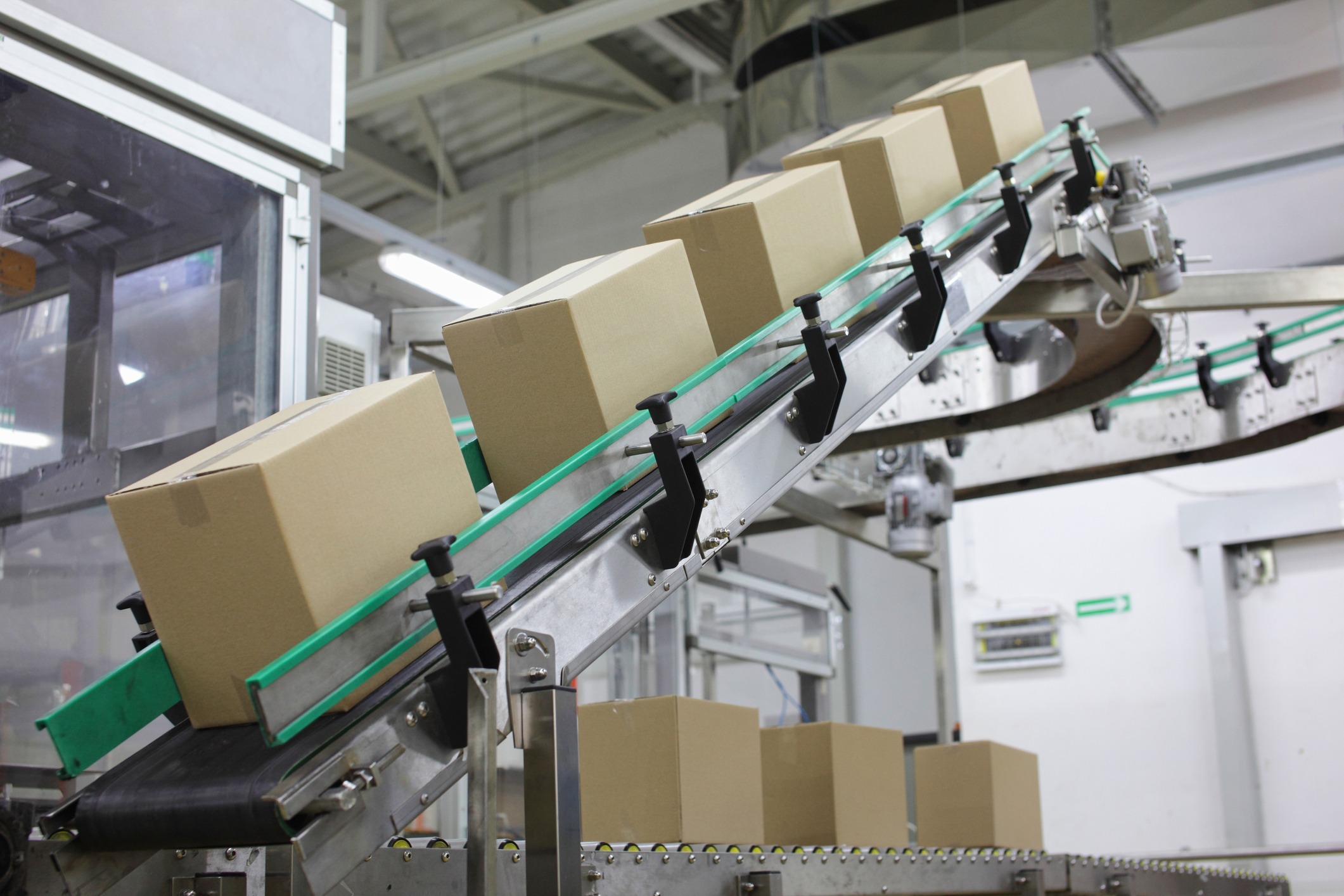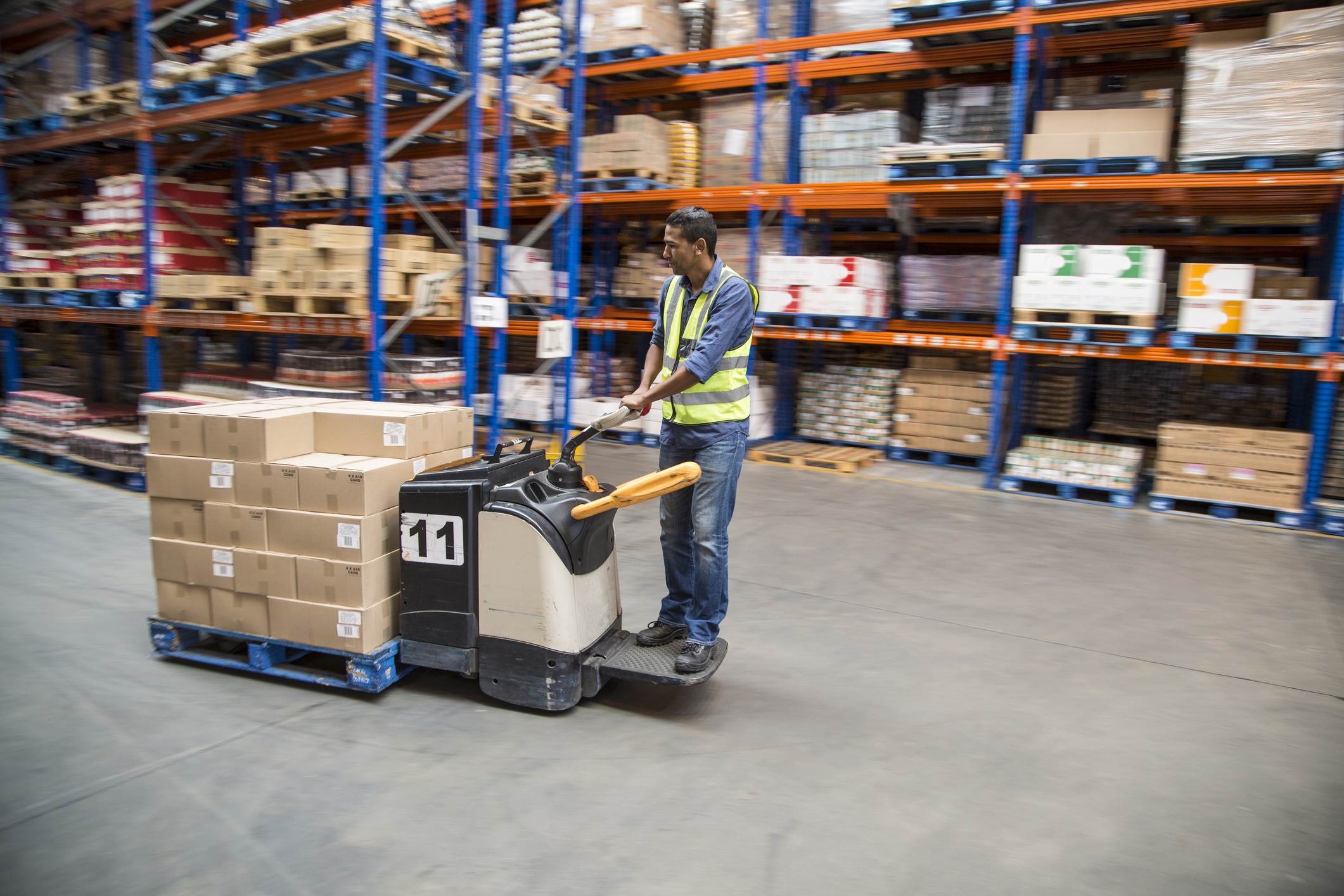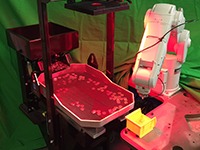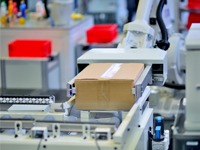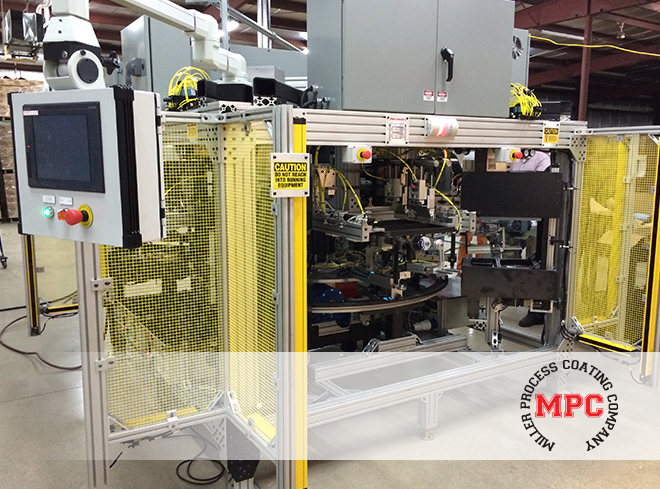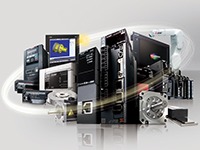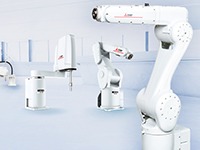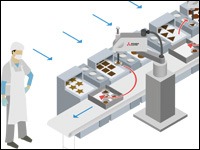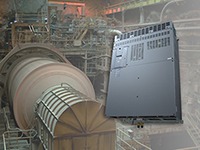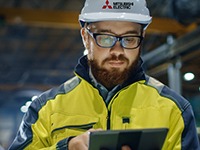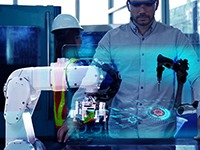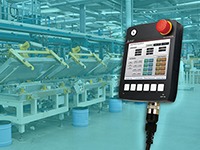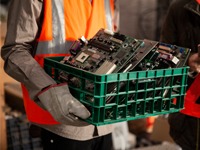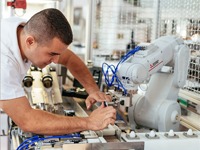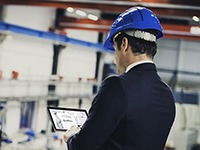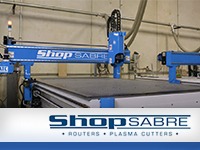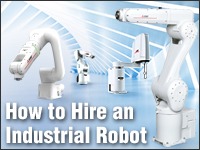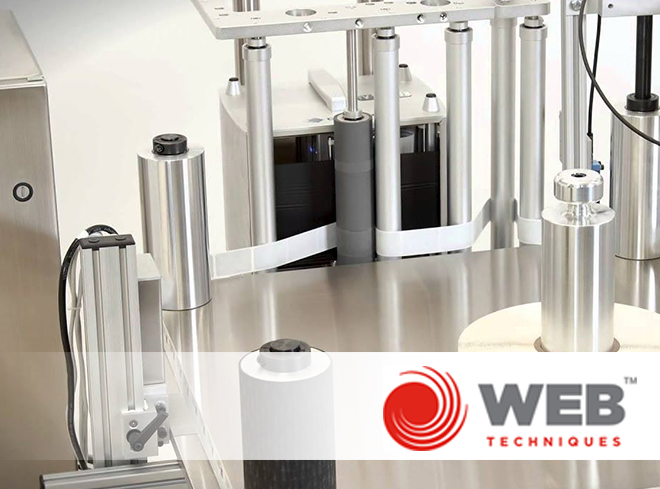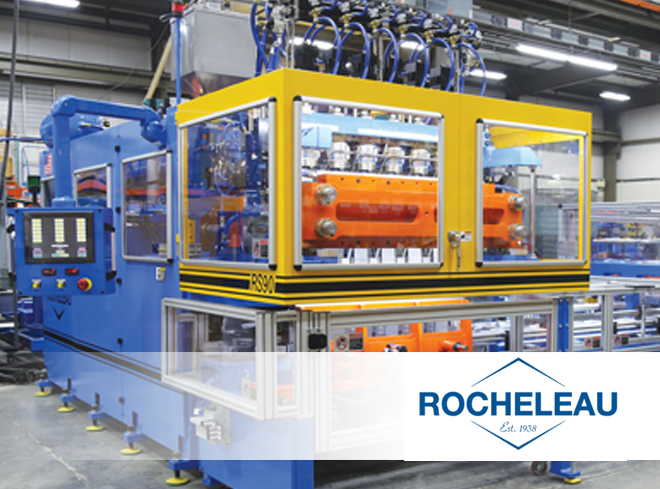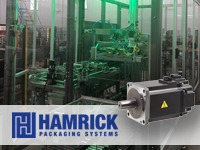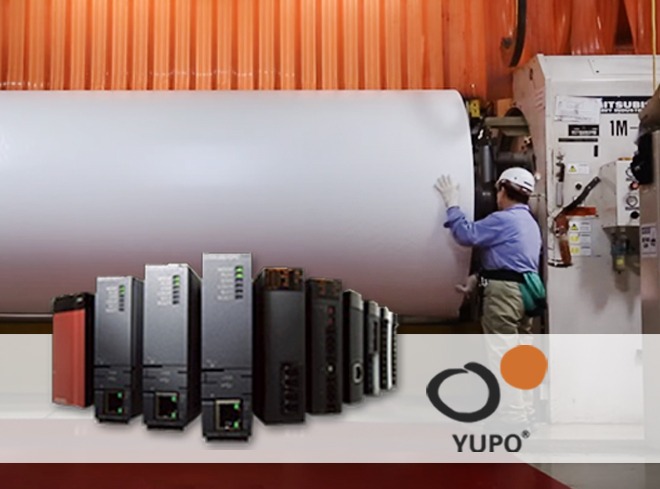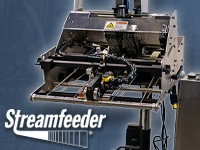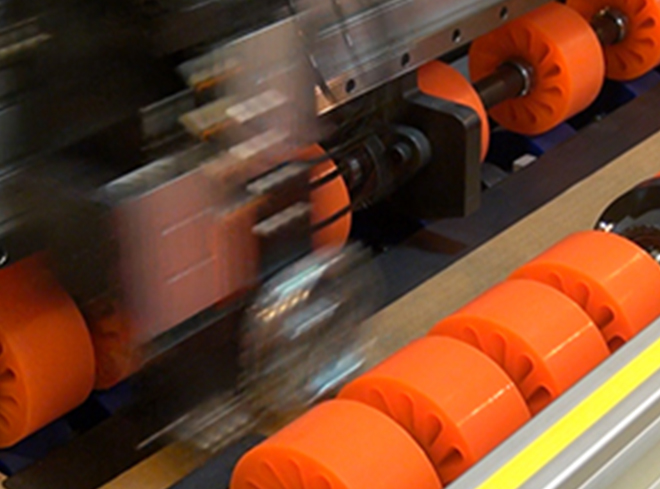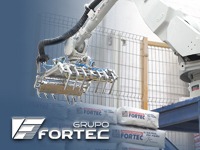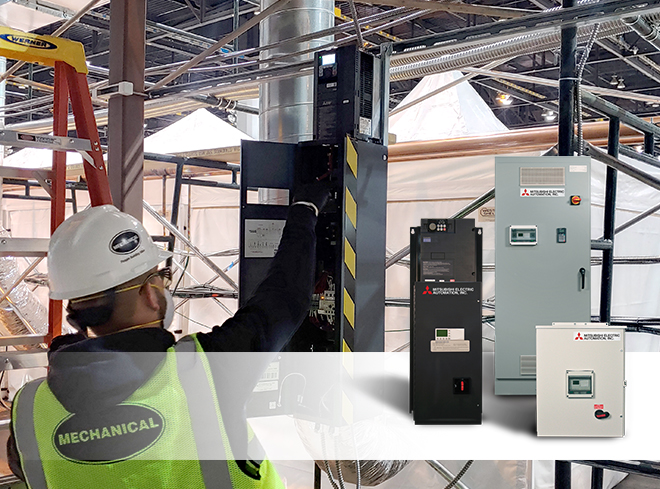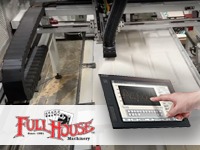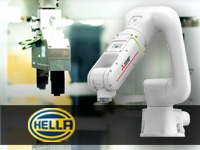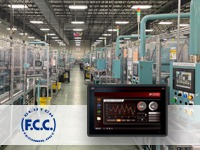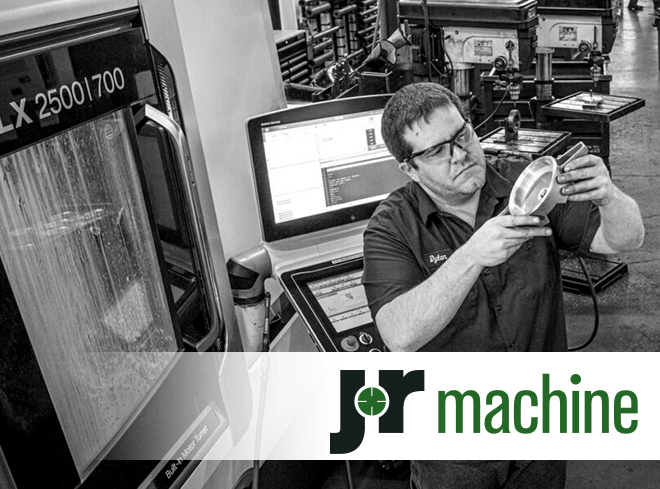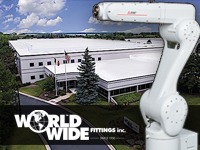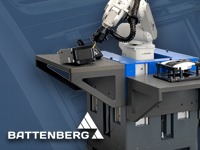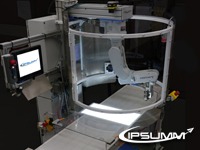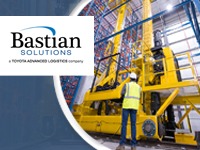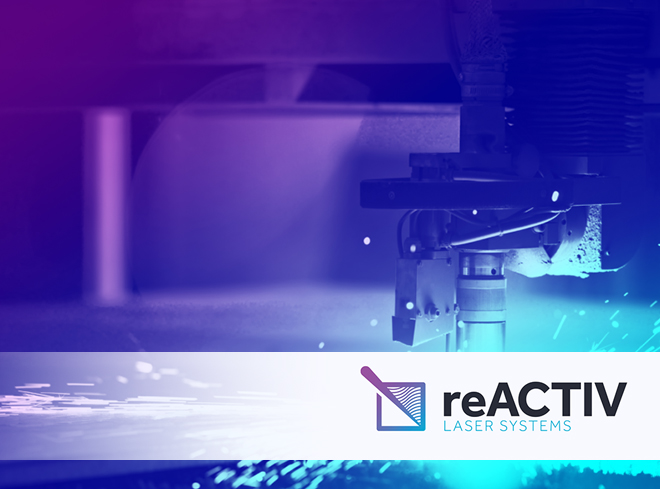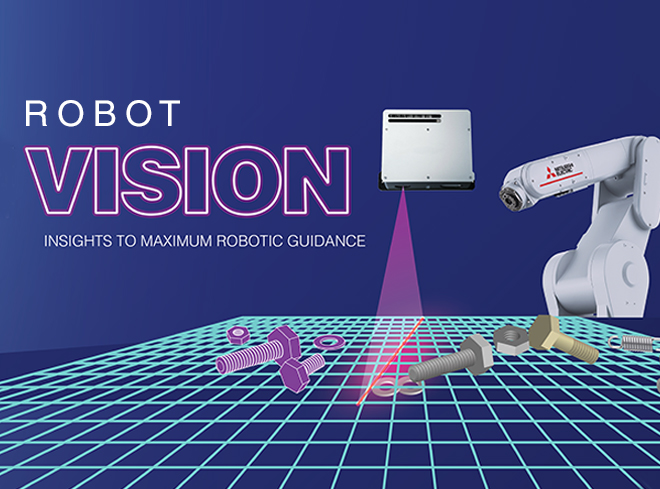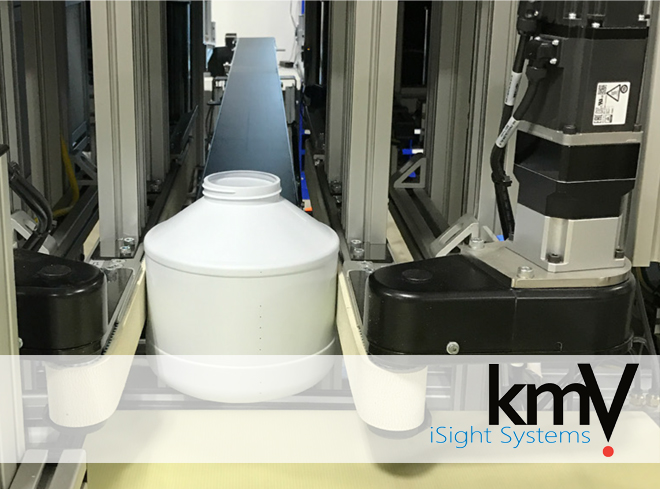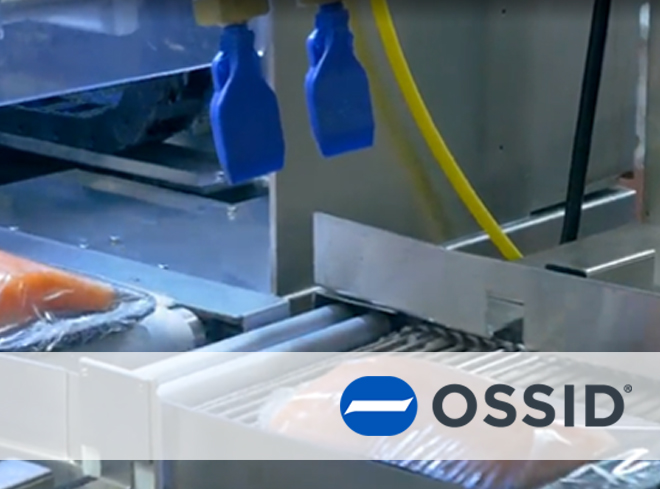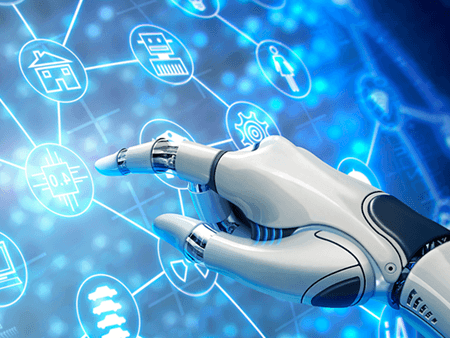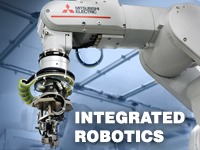
The manufacturing industry is facing a serious skilled labor shortage, so we’re training tomorrow’s workforce today.
The industry is facing serious labor shortages, and the need for specialized skills is greater than ever. As manufacturers continue on their journey of digital transformation, they must grapple with a number of challenges that threaten their successful evolution. One of the greatest issues they face is the skilled labor shortage.
Today’s skills gap isn’t exactly a new roadblock – in 2018, Deloitte published a study about the manufacturing workforce with a headline that read, “The jobs are here, but where are the people?” However, things have only gotten worse since the COVID pandemic. Not only are manufacturers struggling to fill entry-level jobs, but also the higher-paying, mid-level skilled jobs.
A 2021 study by Deloitte and The Manufacturing Institute stated that while the U.S. manufacturing industry recouped 63% of jobs lost during the pandemic, the remaining 570,000 had not been added back by the end of 2020, despite a near record number of job openings in the sector. Manufacturers said that finding the right workers “is now 36% harder than it was in 2018, even though the unemployment rate has nearly doubled the supply of available workers.”
In a study about the state of manufacturing in Connecticut, 88% of manufacturers said they had trouble finding and retaining workers, a 17-point jump over last year. The study also found that demand for skilled manufacturing labor is more than 40% above pre-pandemic levels.
Deloitte’s study concluded that the manufacturing skills gap in the U.S. could result in 2.1 million unfilled jobs by 2030.Those jobs potentially represent $1 trillion in 2030 alone.
Advanced Technology Requires Advanced Skills
Digital transformation complicates already-existing labor issues. Manufacturers are implementing advanced technology on their factory floors, such as AI-enabled robots, smart machines, and the Industrial Internet of Things, in a drive to improve operations, productivity, safety, product quality, and time to market.
The 2021 Deloitte Global Resilience Study found that 57% of manufacturers are currently implementing advanced technologies to redesign job tasks, such as automating manual processes. This automation can help boost production only if workers are trained quickly and adequately.
As factories become increasingly digital, the roles of factory workers are being redefined. More than ever, organizations require people who have the know-how to program, operate, and maintain advanced solutions. A recent report from the Workforce Institute at UKG found that 63% of manufacturers today are taking steps to reskill employees and another 60% are cross-training their people.
The 2021 Deloitte/The Manufacturing Institute study mentioned above reports that today’s manufacturing workers need to understand and work with high-end robots and automation equipment. They also need proficiency in data analysis, advanced manufacturing technologies, automated process monitoring and control; and state-of-the-art production processes and digital systems.
The bottom-line implications of not being able to fill skilled job openings are bleak. Deloitte found that almost eight in 10 manufacturers indicated that “not filling jobs has a moderate to very high impact on maintaining production levels to satisfy growing customer demand, responding to new market opportunities, supporting new production development and innovation, and even implementing new technologies. These aspects ultimately spill over and contribute to an impact on the overall growth of manufacturing companies.”
Diamondworks!: Imparting the Skills They Need to Succeed
Mitsubishi Electric Automation, Inc., is committed to supporting our customers in their need for skilled workers. To help, we’ve launched Diamondworks!, a workforce development program that educates the future workforce to be better prepared to take on careers in increasingly automated industries, including manufacturing, packaging, metalworking, automotive, and logistics.
Through the program, Mitsubishi Electric collaborates with high schools, universities, community colleges, and technical/vocational schools to make automation education available to train tomorrow’s skilled workers. We also work with industry associations and organizations that either provide industrial work training and development or promote manufacturing automation as a career.
Diamondworks! Focuses on three main things: education, certification, and outreach.
Education
We help create custom training centers inside schools to help students learn how to program, operate, and maintain CNCs, PLCs, VFDs, servo motion, and robotics. In addition to instructor training, educational resources, and curriculum support, Mitsubishi Electric can provide simulation equipment for hands-on experience, from stand-alone CNC or robot training stands, to fully integrated automation cells. Any Americas-based STEM educational facility can apply to become a Diamondworks! Educational Partner.
Certification
By becoming a Mitsubishi Electric Automation Certified CNC Programmer or a Certified CNC Maintenance Technician on Mitsubishi Electric products through Diamondworks!, students can gain the skills they need to thrive in today’s advanced manufacturing organizations.
Outreach
We are excited to connect tomorrow’s skilled workforce with today’s leading manufacturers. Our outreach services include Manufacturing Day and Student Summit events at schools, guided tours at our facility, and attendance at other events sponsored by our Educational Partners. We also host CNC and robotic competitions and administer both a nationwide scholarship/internship program and an apprenticeship program.
With training in the technologies of Mitsubishi Electric solutions, students can prepare themselves for a bright future in manufacturing organizations undergoing digital transformation. Those companies also benefit from hiring professionals who have the skills to optimize state-of-the-art automation equipment, expertly troubleshoot and resolve issues quickly, and become tomorrow’s leaders on the ever-evolving edge of advanced manufacturing.
Automation Solutions Ingredients
Learn more about how Mitsubishi Electric Automation is committed to supporting the automation industry and workforce through Diamondworks! by following the link below.
Work with Us and Succeed
We love our customers and the challenges they bring to us. We also like to let our customers shine by discussing how we worked together to solve their biggest challenges. If you have a challenge that needs to be solved and would like to be our next BIG success story, reach out to us and let’s connect!

